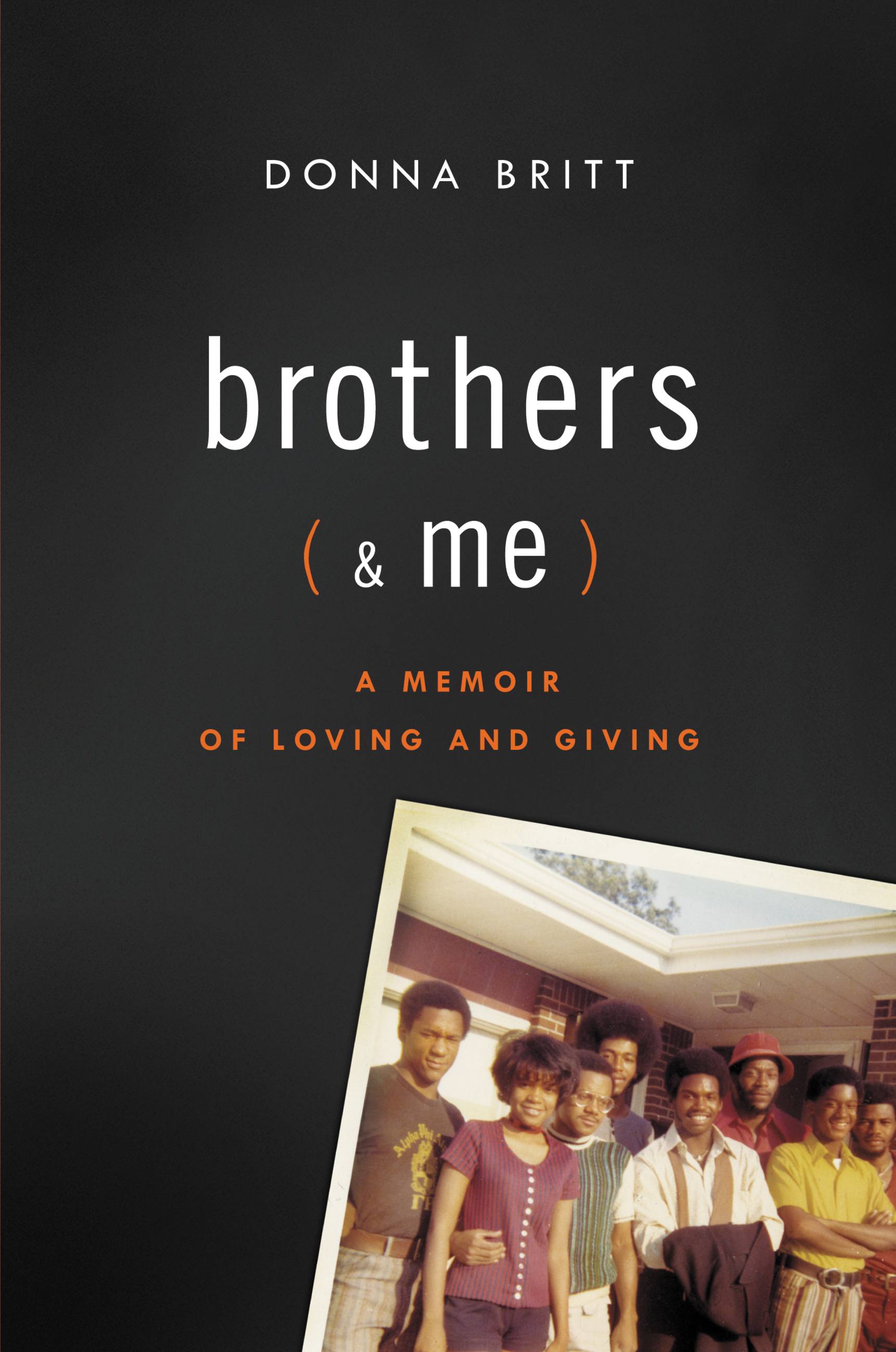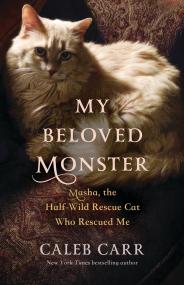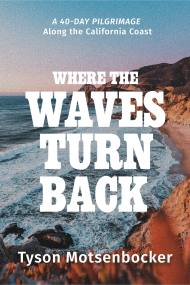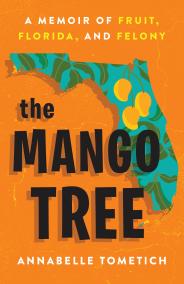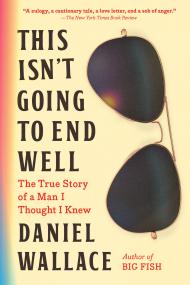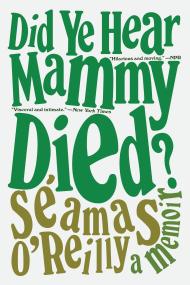Promotion
Use code MOM24 for 20% off site wide + free shipping over $45
Brothers (and Me)
A Memoir of Loving and Giving
Contributors
By Donna Britt
Formats and Prices
Price
$13.99Price
$17.99 CADFormat
Format:
- ebook $13.99 $17.99 CAD
- Hardcover $37.00 $47.00 CAD
This item is a preorder. Your payment method will be charged immediately, and the product is expected to ship on or around December 8, 2011. This date is subject to change due to shipping delays beyond our control.
Also available from:
Donna Britt has always been surrounded by men-her father, three brothers, two husbands, three sons, countless friends. She learned to give to them at an early age. But after her beloved brother Darrell’s senseless killing by police 30 years ago, she began giving more, unconsciously seeking to help other men the way she couldn’t help Darrell.
Brothers (and Me) navigates Britt’s life through her relationships with men-resulting in a tender, funny and heartbreaking exploration of universal issues of gender and race. It asks: Why, for so long, did Britt-like millions of seemingly self-aware women-rarely put herself first? With attuned storytelling and hard-wrought introspection, Britt finds that even the sharpest woman may need reminding that giving to others requires giving to oneself.
Brothers (and Me) navigates Britt’s life through her relationships with men-resulting in a tender, funny and heartbreaking exploration of universal issues of gender and race. It asks: Why, for so long, did Britt-like millions of seemingly self-aware women-rarely put herself first? With attuned storytelling and hard-wrought introspection, Britt finds that even the sharpest woman may need reminding that giving to others requires giving to oneself.
Genre:
- On Sale
- Dec 8, 2011
- Page Count
- 320 pages
- Publisher
- Little Brown Spark
- ISBN-13
- 9780316193191
Newsletter Signup
By clicking ‘Sign Up,’ I acknowledge that I have read and agree to Hachette Book Group’s Privacy Policy and Terms of Use

